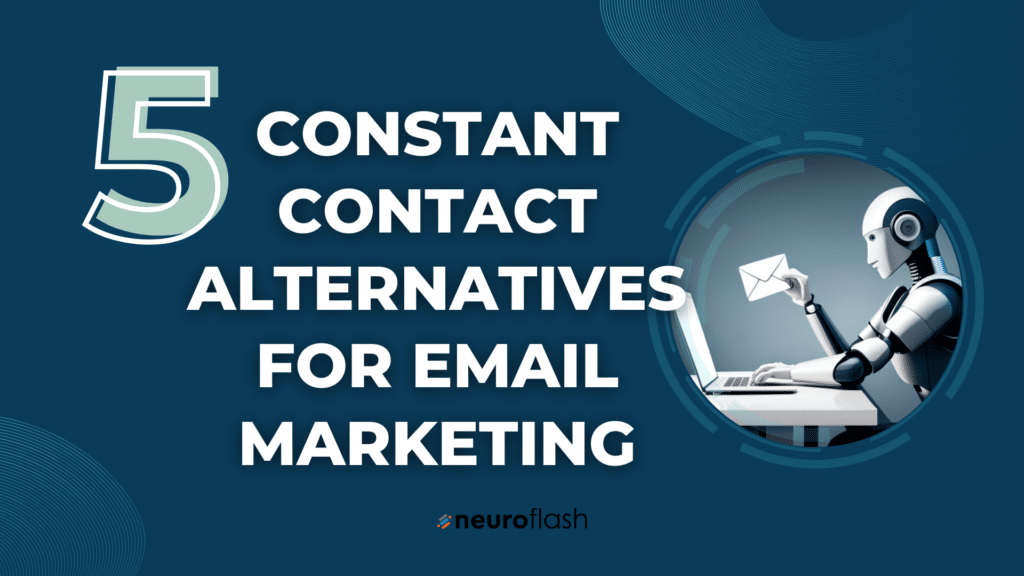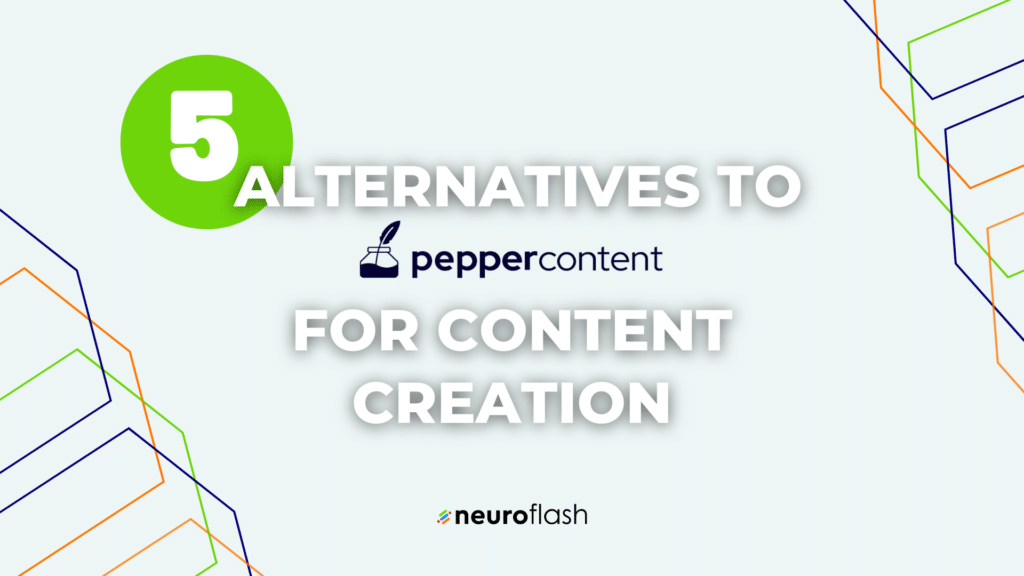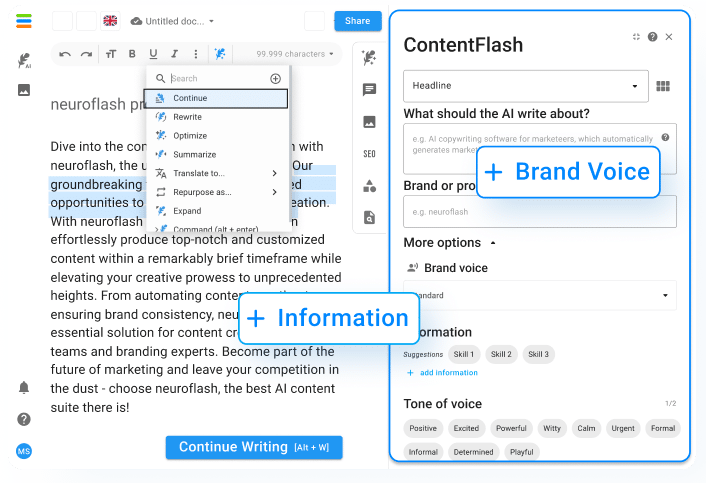Product Positioning
Product positioning is the process of creating a unique image and value proposition for your product in the minds of consumers. Effective product positioning is critical to the success of any marketing campaign. You need to identify what makes your product unique and appealing to your target customers, and then communicate that effectively.
To position your product effectively, start by conducting market research to uncover the needs and preferences of your target audience. Then, focus on creating a message that speaks to those needs and emphasizes the benefits of your product. Use clear, concise language and visuals that resonate with your audience. Be consistent with your messaging across all channels.
Click here for more information on product positioning.
Market Segmentation
Market segmentation is the process of dividing a larger market into several smaller groups (or segments) with similar needs and characteristics. This allows you to tailor your marketing efforts to specific segments and create more effective messaging.
To segment your market effectively, start by identifying common characteristics among your target audience, such as demographics, geographic location, and psychographics (personality, values, behaviors). Then, create target buyer personas for each segment and develop a marketing message tailored to their specific needs and preferences.
Click here to try our AI-powered content writing tool for creating targeted messages for different market segments.
The Marketing Mix
The marketing mix is a set of tools and tactics that marketers use to promote their products and reach their target audience. The four Ps of the marketing mix are product, price, promotion, and place.
To attract customers, you need to use the marketing mix effectively. Start by creating a high-quality product that meets the needs of your target audience. Then, determine a fair price for your product that reflects its value. Choose the right promotion channels (e.g. social media, email marketing, advertising) to reach your target audience, and make your product available through the right channels (e.g. brick-and-mortar stores, online marketplaces).
The marketing mix has evolved over time to include additional Ps, such as people, process, and physical evidence. These additional elements reflect the growing importance of customer experience and service in modern marketing.
Click here to learn more about the marketing mix and how to use it to attract customers.
Consumer Behavior
Consumer behavior is the study of how people make decisions about what they purchase, use, and dispose of. Understanding consumer behavior is essential for effective marketing.
Consumer behavior impacts marketing in several ways. Marketers need to understand how customers perceive their products, what factors influence their purchasing decisions, and how they evaluate different options. By analyzing consumer behavior, marketers can create more effective messaging, product design, and sales strategies.
Part 5: Branding
Branding is the process of creating a unique name, design, and image that identifies and differentiates your product from the competition. Effective branding is critical for building brand recognition and loyalty.
To develop a strong brand identity, start by conducting market research to understand your target audience and their needs. Use this information to create a unique value proposition and messaging that resonates with your audience. Choose a memorable brand name and design a logo and visual identity that reflects your brand personality. Be consistent with your branding across all channels and touchpoints.
Click here to learn more about branding and how to develop a strong brand identity.
Useful Tips
- Conduct market research to understand your target audience.
- Focus on creating value for your customers, not just making sales.
- Be consistent with your branding across all channels.
- Create targeted marketing messages for different market segments.
- Use the marketing mix effectively to attract customers.
Related Questions
What is the difference between marketing and advertising?
Marketing is the process of promoting and selling products or services, while advertising is a specific type of marketing that focuses on paid methods of promotion (e.g. television commercials, print ads, online banners).
What are the different types of marketing strategies?
There are many types of marketing strategies, including content marketing, social media marketing, email marketing, influencer marketing, and search engine optimization (SEO).
How has technology impacted marketing?
Technology has had a significant impact on marketing, including the rise of digital marketing methods such as social media, email, and online advertising. It has also enabled greater personalization and targeting in marketing campaigns, as well as the use of data and analytics to measure effectiveness and optimize strategies.
Other People Asked
What is the marketing mix concept and how is it used in marketing strategy?
The marketing mix concept is a framework for developing and implementing effective marketing strategies. It includes the four Ps (product, price, promotion, and place) as well as additional Ps such as people, process, and physical evidence. The marketing mix helps marketers create a cohesive strategy that addresses all aspects of promoting and selling a product or service.
What is the difference between marketing strategy and marketing tactics?
A marketing strategy is a high-level plan for achieving marketing objectives, while marketing tactics are specific actions taken to implement that strategy. In other words, a strategy is a plan of attack, while tactics are the specific maneuvers used to achieve victory.
In summary, effective digital marketing requires a deep understanding of product positioning, market segmentation, the marketing mix, consumer behavior, and branding. By focusing on these key areas and using useful tips such as targeted messaging and consistent branding, you can create a successful digital marketing campaign. It is also important to stay up-to-date with the latest trends and technologies in marketing to stay competitive. Overall, a comprehensive digital marketing strategy is essential for any business looking to succeed in today’s marketplace.
Conclusion
Digital marketing has become an essential part of any successful business strategy in today’s marketplace. Understanding and implementing the key principles of product positioning, market segmentation, the marketing mix, consumer behavior, and branding can help businesses attract and retain customers while growing their brand.
By conducting market research, businesses can gain insights into their target audience’s needs and preferences, allowing them to create targeted messaging and effective marketing campaigns. The marketing mix provides a framework for businesses to create a cohesive strategy that covers all aspects of promoting and selling their products or services.
Consumer behavior plays a critical role in the success of a business. Analyzing consumer behavior can help businesses create more effective messaging, product design, and sales strategies. A strong brand identity can differentiate a business from its competitors and help build brand recognition and loyalty.
Finally, staying up-to-date with the latest trends and technologies in marketing is crucial for businesses looking to stay competitive in today’s marketplace. As technology continues to evolve, it is essential to adapt and incorporate new strategies and tactics to effectively reach and engage with customers.
Overall, a comprehensive digital marketing strategy that incorporates these key principles and practices is essential for any business looking to thrive in today’s competitive marketplace.


















